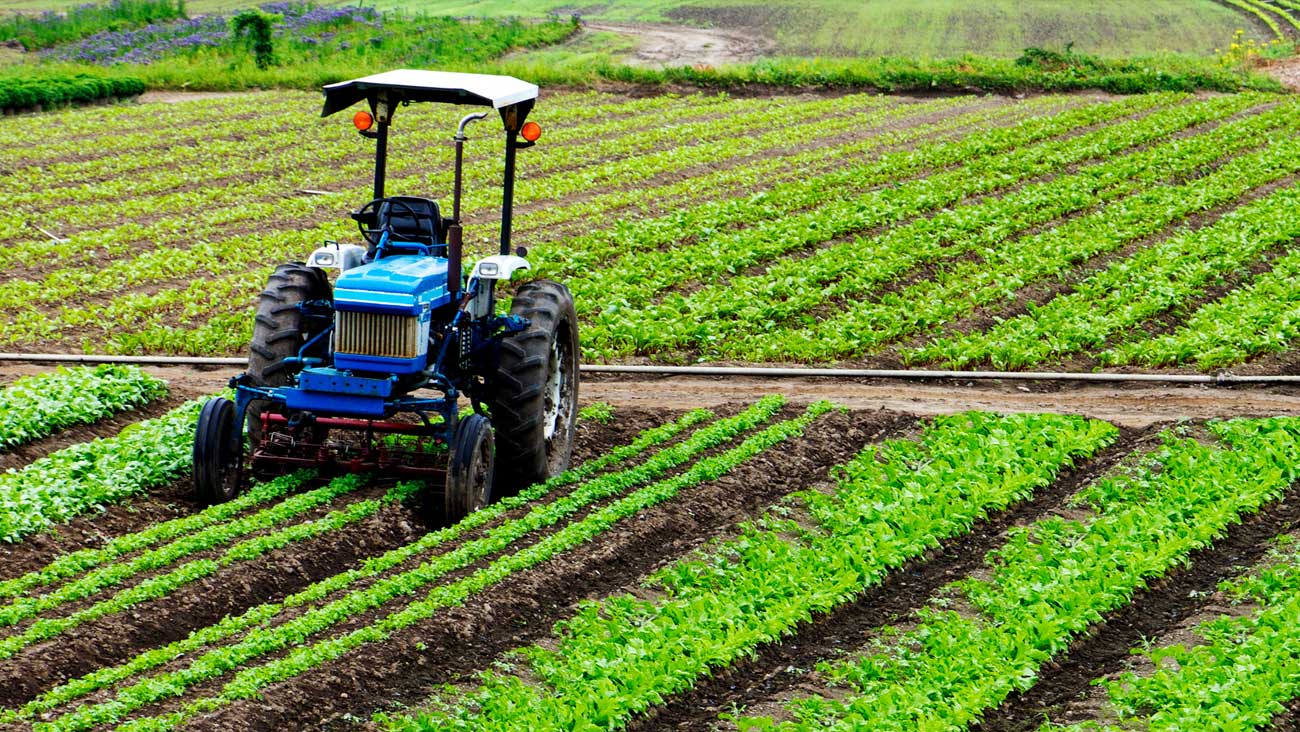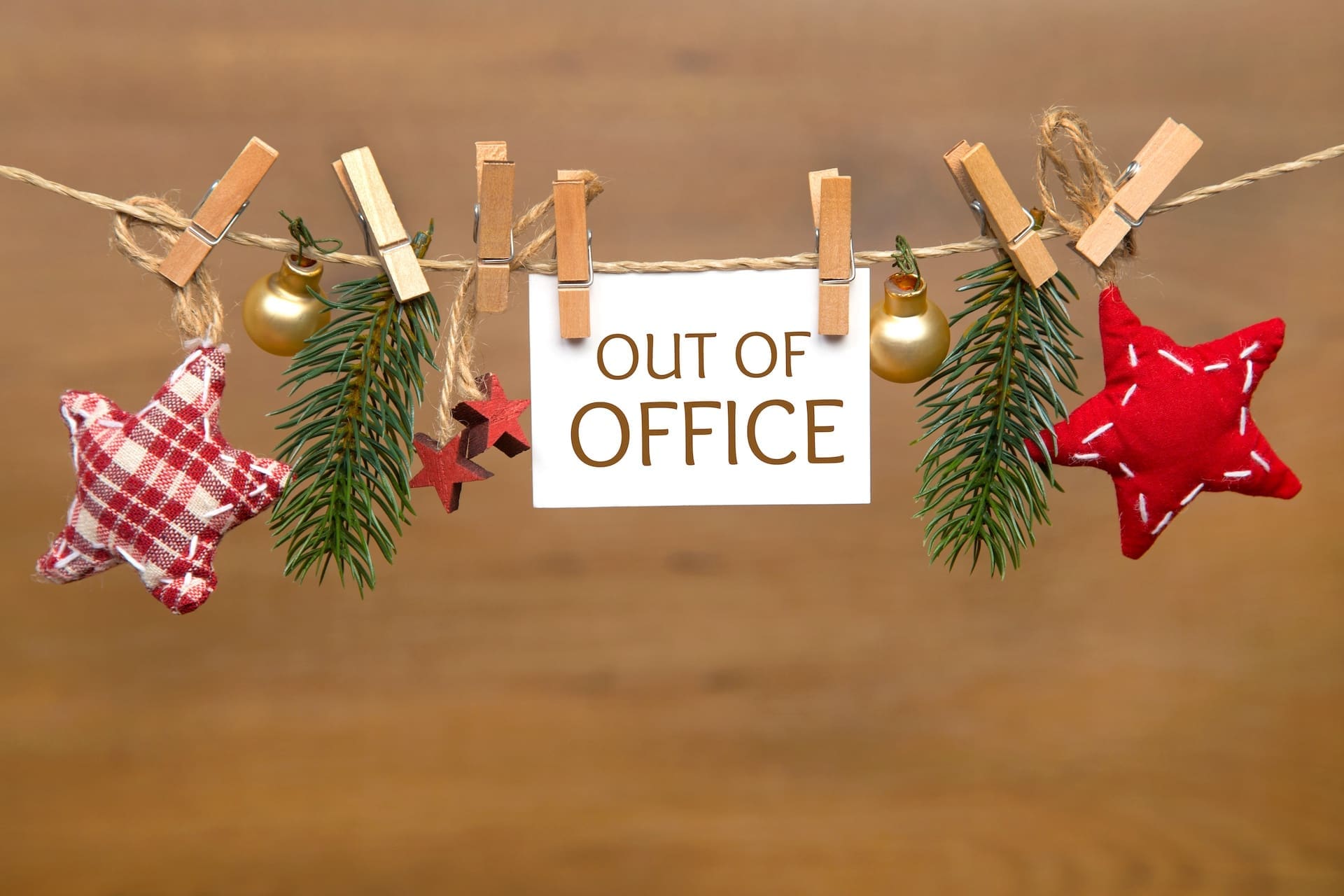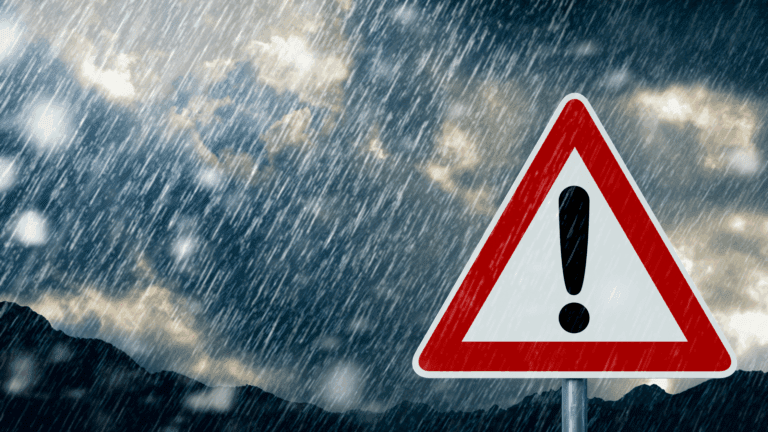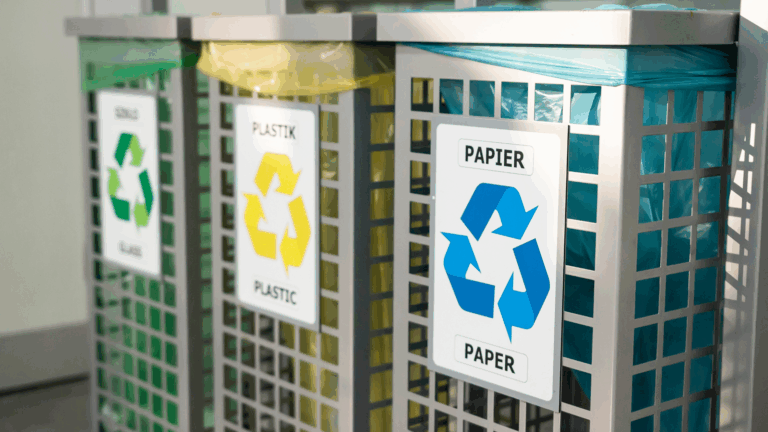Although all businesses require a steady supply of water, some industries, such as agriculture for instance, consume far more than others. Understanding which industries are the most water-intensive can help businesses better manage their water consumption and make more sustainable choices.
Let’s take a look at the industries ranked that use the most water in day-to-day operations and why this matters.
1. Agriculture
Without a doubt, the agriculture industry takes the gold medal as the biggest consumer of water. Globally, a staggering 70% of freshwater is used for agricultural purposes, making it the largest consumer of water in not only the UK, but just about every country in the world.
Being the largest consumer of water, it is vital for businesses in agriculture, particularly farms, to use water responsibly in order to help sustain our planet. Techniques such as precision irrigation, rainwater harvesting and soil moisture management can be implemented to help reduce water waste.

2. Beverage production
Whether it’s soft drinks, beer, or bottled water, beverage production is a water-intensive industry, landing it in at number two on our list. Not only is water required in the production process, it’s also needed for cleaning, rinsing and even packaging purposes. To put it into perspective, the production of one litre of beer can require the consumption of up to 300 litres of water.
In the UK, organisations in the beverage sector have a good track record of working towards a reduced water footprint by improving water efficiency and switching to water-recycling systems. This is an important step forward not only to aid in the reduction of energy consumption but also during times of water scarcity – which is expected to become a more pressing issue even in the UK as the climate emergency worsens.
3. Hospitality
The hospitality industry, which includes hotels and restaurants, is another major consumer of water. For everything from running kitchens and washing dishes to maintaining swimming pools and operating laundry services, water is vital to everyday operations in this line of work.
In recent years, however, businesses in the hospitality sector have come under increased pressure to take steps to lower water consumption and implement water-reducing tactics. From reducing the frequency of linen and towel washing to investing in water-efficient appliances, there are a number of steps that can be taken to cut thousands and even millions of litres of water consumption over the course of a year.
4. Electricity and gas production
Next up is the energy sector, which unsurprisingly requires a significant volume of water within the various processes and production activities involved in energy generation. In particular, water consumption is high the production of electricity and gas. Water is essential for cooling processes in gas, nuclear, and some renewable energy facilities.
The good news is, as the world moves away from a dependence on fossil fuels and towards renewable energy, such as solar and wind, water usage in power generation is expected to decrease substantially.
5. Textiles
Finally, water availability is critical to the processes involved in the textile industry. Water is used in almost all stages of the production of fabrics and textiles, such as dyeing, washing and finishing fabrics, with cotton being the main culprit and most water-hungry crop.
Although textile production is water-heavy, steps such as implementing closed-loop water systems – where water used in production is treated and reused – can reduce the need to use so much water.
Why water management matters for businesses
Across all of these industries, water is a vital resource, but it’s also a limited one. As climate change and population growth place additional pressure on water resources, businesses must take steps to manage their water usage more efficiently.
So, there you have it. From agriculture to textiles, the top five industries consuming the most water. However, every business has the opportunity to reduce its water usage, and luckily, new technologies and increasing government pressure means that organisations operating within these industries are starting to make changes in how they consume water.

Contact Everflow today!
At Everflow, our goal is to make your utilities simpler. We ensure you get great-value contracts that are tailored to your needs and easy to manage.


